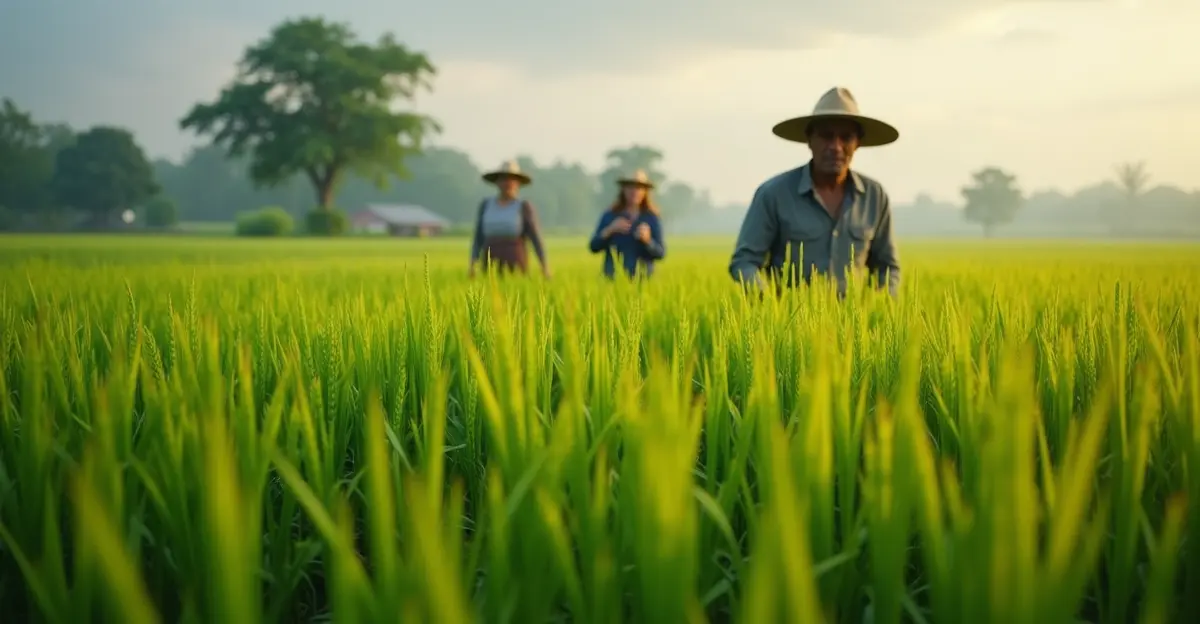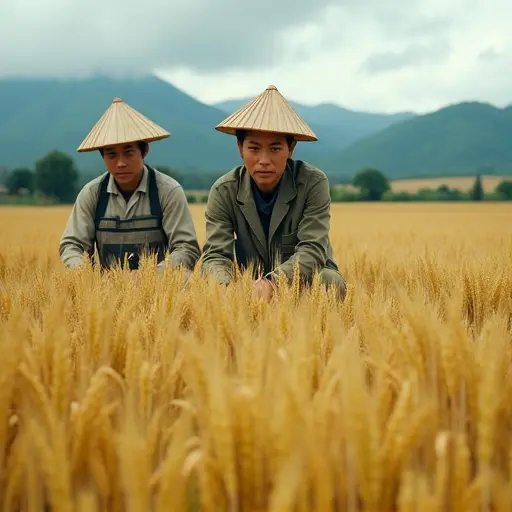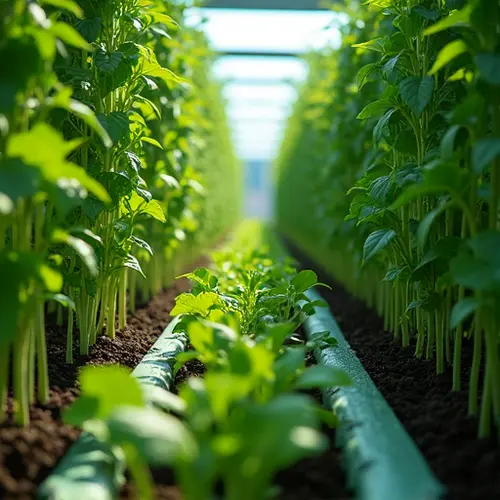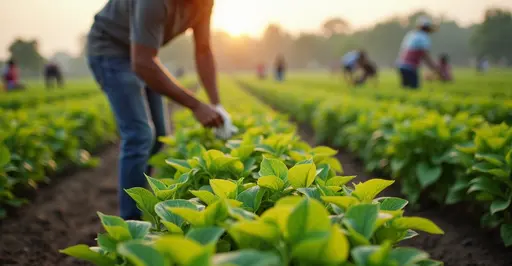
Breakthrough in Climate-Resilient Rice Development
Agricultural researchers have achieved a significant breakthrough with climate-smart rice varieties that demonstrate remarkable resilience to both flooding and drought conditions. Recent field trials across multiple countries show yield increases of up to 25% compared to traditional rice varieties when exposed to extreme weather events.
Addressing Climate Change Challenges
Rice, being the staple food for over half the world's population, faces increasing threats from climate change. Rising temperatures, unpredictable rainfall patterns, and more frequent extreme weather events have been reducing yields in traditional rice-growing regions. The development of climate-smart rice varieties represents a critical response to these challenges, ensuring food security for millions of people who depend on rice as their primary food source.
Technical Innovations
The new rice varieties incorporate several advanced genetic traits that enable them to thrive under adverse conditions. Flood-tolerant varieties contain the SUB1 gene, which allows the plants to survive complete submergence for up to two weeks. Drought-resistant strains feature improved root systems and water-use efficiency mechanisms that help them conserve moisture during dry periods.
Global Trial Results
Field trials conducted in Bangladesh, India, Vietnam, and several African nations have shown consistent positive results. In flood-prone areas, the new varieties maintained yields even after prolonged flooding, while conventional varieties suffered complete crop loss. Similarly, in drought-affected regions, the climate-smart rice demonstrated significantly better performance with yield improvements ranging from 15-25%.
Farmer Adoption and Economic Impact
Early adopters among smallholder farmers report not only improved yields but also reduced input costs. The resilient varieties require less water and are more resistant to common pests and diseases, lowering the need for chemical inputs. This combination of higher yields and lower production costs is proving transformative for rural communities that depend on rice farming.
Future Prospects
Research institutions including the International Rice Research Institute (IRRI) and national agricultural research organizations are continuing to refine these varieties. The next generation of climate-smart rice is expected to incorporate additional traits such as heat tolerance, improved nutritional content, and enhanced resistance to emerging pests and diseases.
The successful development and deployment of climate-resilient rice varieties represent a major step forward in global food security efforts, particularly important as climate change continues to threaten agricultural production worldwide.

 Nederlands
Nederlands English
English Français
Français Deutsch
Deutsch Español
Español Português
Português







